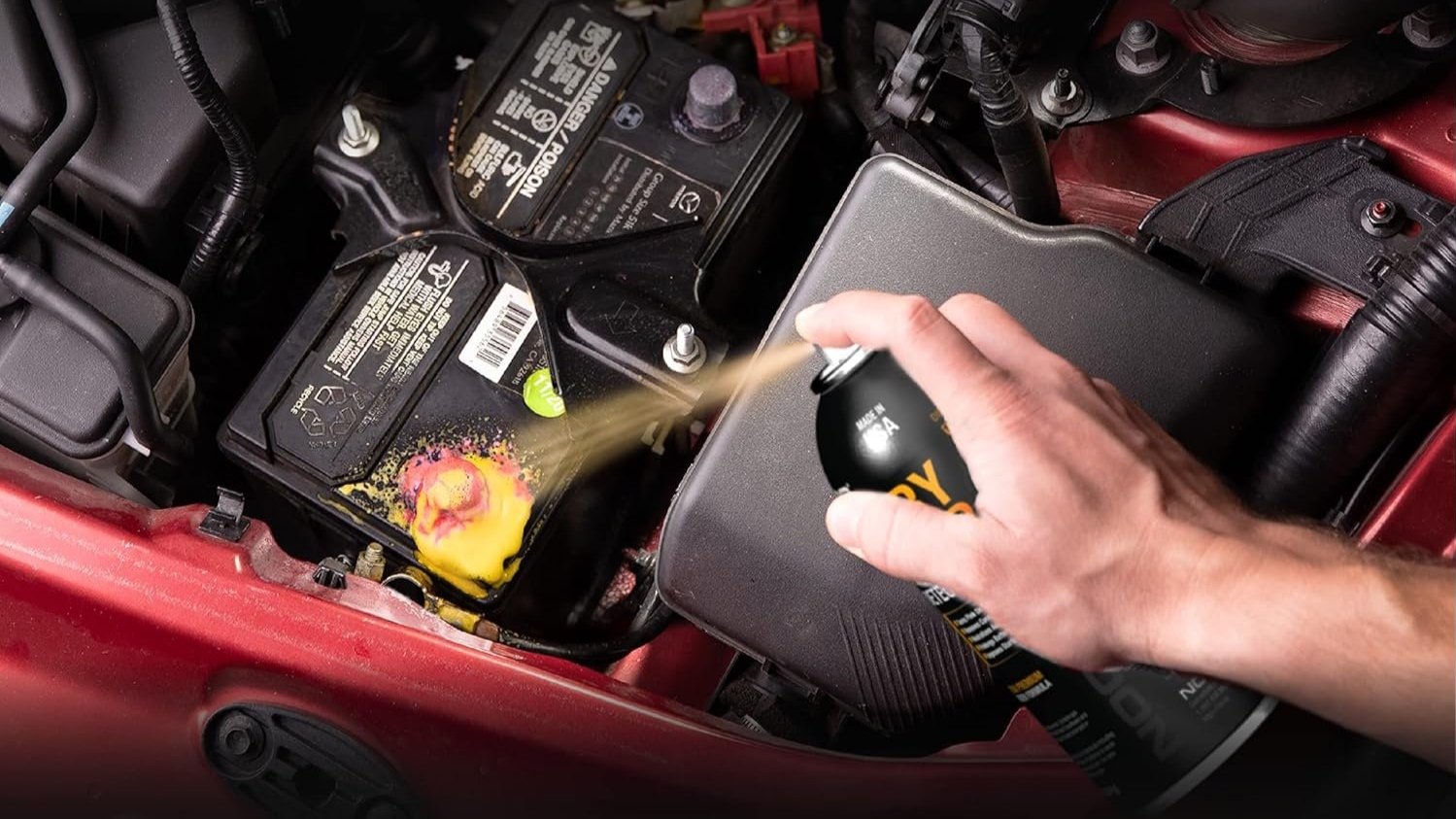When it comes to backup power systems, inverter batteries are a crucial component that can make all the difference during power outages or other emergencies. However, many people tend to overlook the importance of maintaining these batteries, which can lead to reduced performance, shorter lifespan, and even safety hazards.
This blog will discuss the important steps for optimal care and maintenance of your inverter battery. Whether you’re using batteries for personal or business purposes, following these steps will help you optimize the performance and lifespan of your battery and ensure reliable backup power in case of power cuts or other emergencies. So, let’s get straight into the details.
1. Ensure that Batteries are always Fully Charged
Firstly, do not use a battery before it is fully charged. You can reduce the consumption/load on the battery during stage 4+ load shedding periods to give the battery ample time to charge properly.
Ensure that the correct charging parameters, including charging rate (measured in Amp) is applied based on the battery manufacturer’s specification.
Safety tip:
If the battery produces excessive heat and/or a bad smell during charging, the battery could be faulty and potentially dangerous. Dispose of the battery immediately.
2. Keep Appropriate Charging
The first step in maintaining an inverter battery is ensuring it’s charged correctly during each use. It can be accomplished by charging it at least once every month or when the level drops below 50%. Generally, a lead-based inverter battery should not be discharged below 12volt.
Overcharging or undercharging can damage your battery and reduce its overall capacity. Follow the manufacturer’s instructions for your specific battery type and charging equipment to maintain appropriate charging. Avoid leaving your battery connected to a charger for an extended period, leading to overcharging.
3. Keep Track of Environmental Conditions
Batteries are not designed to handle extremely hot or cold temperatures; if possible, try and store them indoors where temperature regulation can be maintained easily. Keeping it within a temperature range between 0°C and 45°C (32°F – 113°F) will ensure optimal performance while prolonging its lifespan as well.
Additionally, when using inverter battery outside (such as solar charge controllers), make sure they are placed well away from intense sunlight, which can heat their internal circuits; they should also be kept off wet surfaces, such as grassy areas where moisture may affect performance and safety levels alike!
4. Optimize the Load On the Battery
The load on your inverter battery can affect its lifespan and performance. You should not exceed half (50%) of the maximum rated current capacity, as this will ensure efficient charging and prolong its life.
For example, if your 100 Ah deep cycle inverter battery has a maximum rated output of 600 Watts, it should be operated continuously at no more than 300 Watts. Exceeding this figure could risk overloading and damaging the unit, reducing the efficiency, or even causing total failure if left unchecked for too long.
Conclusion
In conclusion, taking care of and maintaining your battery is essential for its optimal performance and battery lifespan. By following the factors or steps discussed in this blog, you can protect your battery from damage and ensure it provides reliable power for years.
If you have any questions about battery maintenance or need assistance with battery solutions, Deltec Batteries is here to help. Contact us today to know how we can help you keep your batteries in top condition.
Resources
- https://www.genusinnovation.com/blogs/inverter-maintenance-tips
- https://www.moglix.com/blog/how-to-maintain-your-inverter-battery/
- https://www.mrright.in/ideas/appliances/inverter/8-useful-tips-to-take-care-of-your-inverter-battery/
- https://www.gz-supplies.com/news/tips-to-maintain-your-inverter-battery-/
- https://www.startrescue.co.uk/breakdown-cover/motoring-advice/car-servicing-and-repairs/how-to-keep-your-battery-in-good-condition

